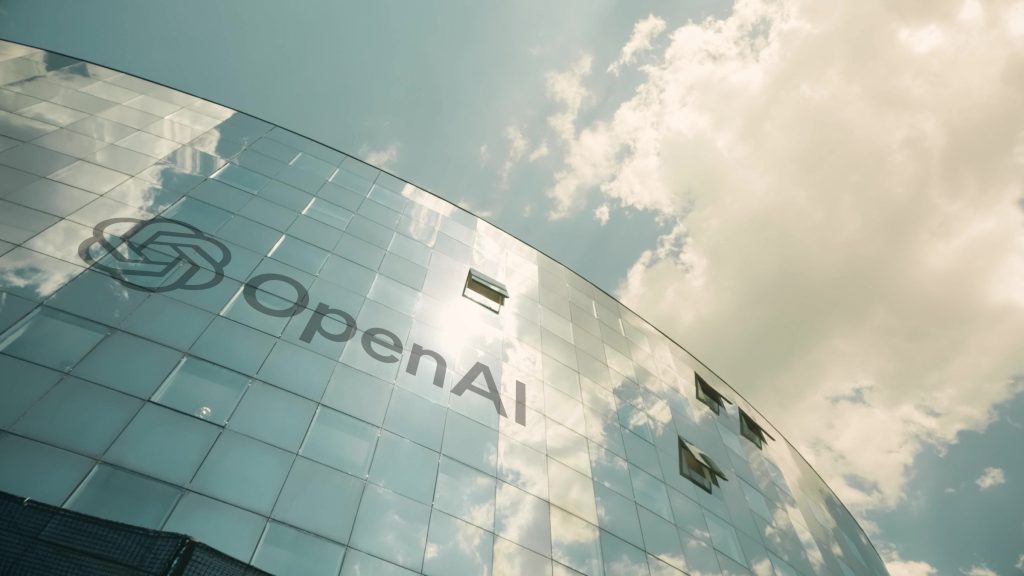
Generative AI is on the brink of a new leap with industry speculations pointing to OpenAI’s rumored advanced Ph.D.-level AI super agents that will tackle complex human duties.
CEO Sam Altman, who coined this era as “The Intelligent Age” back in September, scheduled a confidential briefing for US officials on January 30. The AI company’s CEO is raising anticipation as Mark Zuckerberg – alongside other tech leaders – address AI potential to replace mid-level software engineers in the job market.
“Probably in 2025, we at Meta, as well as other companies that are basically working on this, are going to have an AI that can effectively be a sort of a midlevel engineer that you have at your company that can write code,” Zuckerberg told Joe Rogan during his podcast.
Super-agent AI applications cover several tasks like analyzing huge volumes of information, evaluating options, and providing answers. If we are to take OpenAI’s AI- agent, the super intelligent software will be able to develop new payment software, including design, testing, and delivery.
Tasks like financial analysis or event planning could be handled much faster and more efficiently by AI super-agents than by human teams, expanding the horizons of AI automation in finance, healthcare, and logistics, where deep research combined with fast performance could grant productivity gains.
OpenAI’s AI Agents Tool
It’s in this context that the new release from OpenAI, named “Operator,” will probably become a central player. Reports of the OpenAI multi functions agent suggest it may perform tasks autonomously, like writing code, managing travel bookings, or even signing up for cloud services.
Early tests reveal the AI super-agents tool performs way better than a human in specific tasks, like website navigation, while it still works its way up to more complex tasks such as setting up a Bitcoin wallet and even launching virtual machines.
Despite these limitations, Operator is a huge step in developing AI automation, it illustrates a developed capability for super-agents of AI to replace a wide range of jobs that were typically performed by humans.
AI Super Agents’ Concerns
OpenAI has reportedly been keeping a tight grip on Operator’s development, implementing extensive safety tests to avoid misuse or illicit activities carried out by the tool.
Greater capability means greater reliability and safety for AI systems, and with generative AI tools, like Operator, errors and “hallucinations” will occur, questioning the software’s reliability to act autonomously.
Experts argue that with AI super-agents and their performance capability advancements, comes security fears that should be taken into consideration.
The fear that accompanies AI super-agents is significant job displacement, especially in tech and administrative work.
Mark Zuckerberg has already predicted that AI will take over the role of human workers. He once told Joe Rogan “ Probably in 2025, we at Meta, as well as the other companies that are basically working on this, are going to have an AI that can effectively be a sort of midlevel engineer that you have at your company that can write code.”
Despite the fear, many AI advocates say that this technology could have a huge impact on the economy, driving economic growth and create new opportunities in AI fields. But all of this requires a regulatory framework that makes AI a powerful tool.
When OpenAI AI super-agent is available, it could change the tech world but simultaneously speed up automation.
Inside Telecom provides you with an extensive list of content covering all aspects of the tech industry. Keep an eye on our Intelligent Tech sections to stay informed and up-to-date with our daily articles.